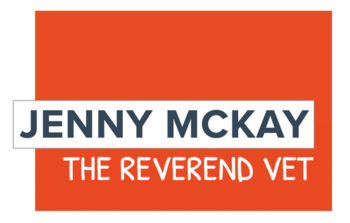Jenny's Psalm Reflections: Psalm 47 v.1

Today’s verse is Psalm 47 v.1
“Clap your hands, all you people; shout to God with loud songs of joy.”
Background:
Psalm 47 is one of seven “enthronement psalms” which refer to the crowning of God as king at a festive occasion. It has also been suggested that the theme of Psalm 47 is “universal rejoicing for God’s universal reign. It is another joyful Psalm and reminds us of the power and joy of singing. During COVID, one of the aspects of worship that everyone has commented on to me, is that absence of singing makes worship seem so dull. We may not all be tremendous singers or musicians but we all enjoy the collective force of praising God and being free to express that.
I have sung in many choirs in my time, Chester Music Society, Chester Festival Chorus, Chester St Cecilia Singers and the Hallé Choir in Manchester. The uplifting and religious connectivity of singing the great oratorios to a packed concert hall with a group of dedicated people is awe-inspiring. I know many singers I sang with did not believe in God, but they did experience something of the unreal in some of the best performances and, I know, it made some of them think!
Augustine said “The Christian who sings, prays twice”. It is an activity where we work as one collective, and we can give our all as we open our lungs and mouths in praise. We certainly look forward to the days when we can remove our masks and enjoy singing together and listening to groups of others making a wonderful sound. It is also a wonderful way for people with disabilities or dementia to connect. Many people with loss of memory will be able to recite or sing a hymn. It is as if our brains are hard-wired and don’t forget certain memories. Music can elicit emotions and memories and help provide a link to a person's past and promote interconnection with caregivers and others with dementia.
Meditation
1. Find a quiet place.
Settle yourself to either read Psalm 47 through or you can find an upbeat version of it sung by Jason Silver at https://youtu.be/Lp-G6V5IBns
2. Breath in God’s power and majesty
Breathe out any tension.
3. Be aware of your body.
Rest your feet on the floor; still being aware of them pressed firmly into the floor. Shrug your shoulders, ease your neck. Feel comfortable!
4. Allow yourself to focus on any positive things...
Allow yourself to focus on any positive things that have happened to you in the last few days or week. Is there anything you can do to bring joy to someone else’s life? Perhaps pass on this Psalm reflection?!
5. Finish with this prayer of praise:
As Christ was raised by your glory, O Father, so may we be raised to new life and rejoice to be called your children, both now and for ever. Amen.
Posted on July 1st 2021
